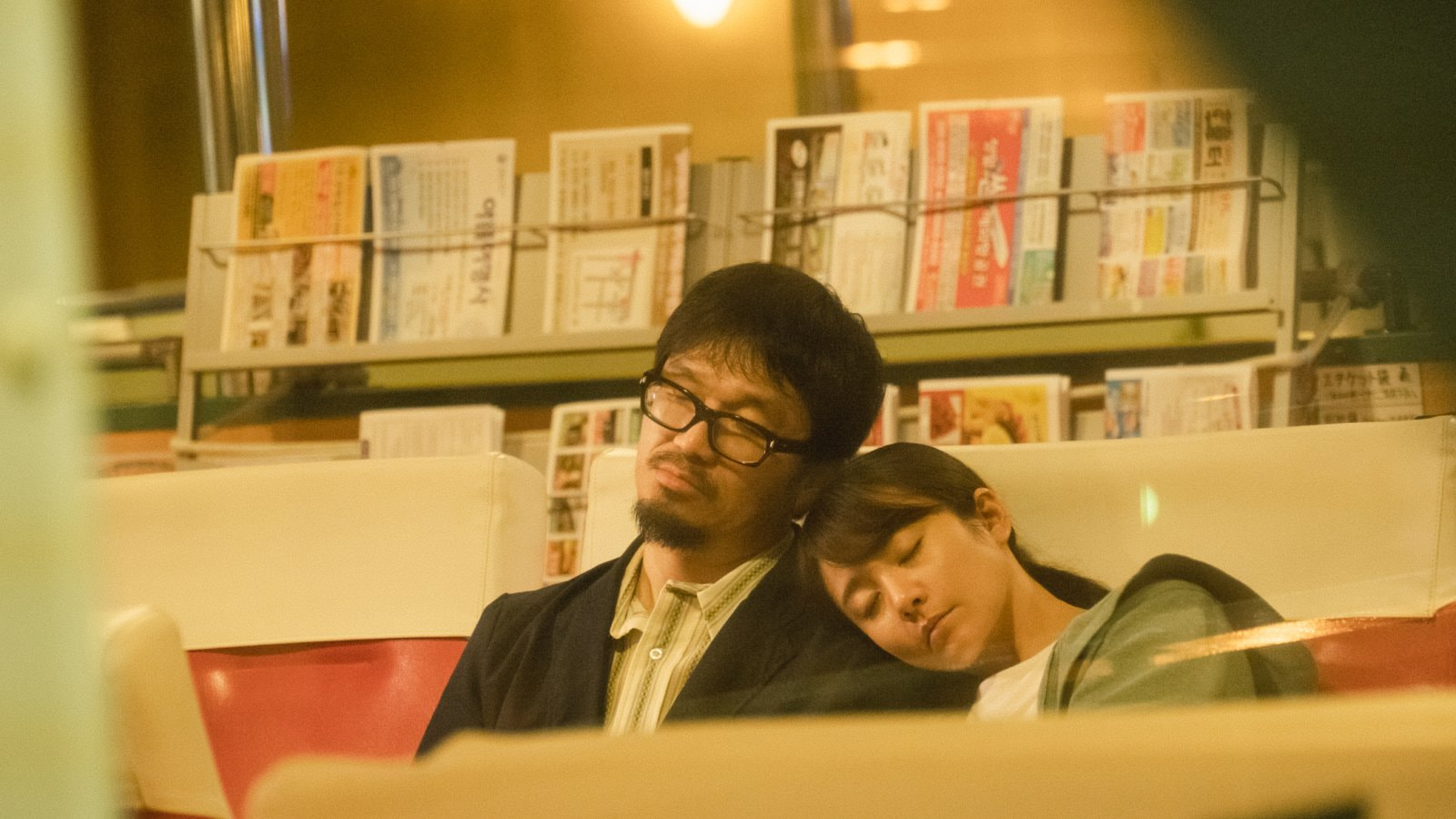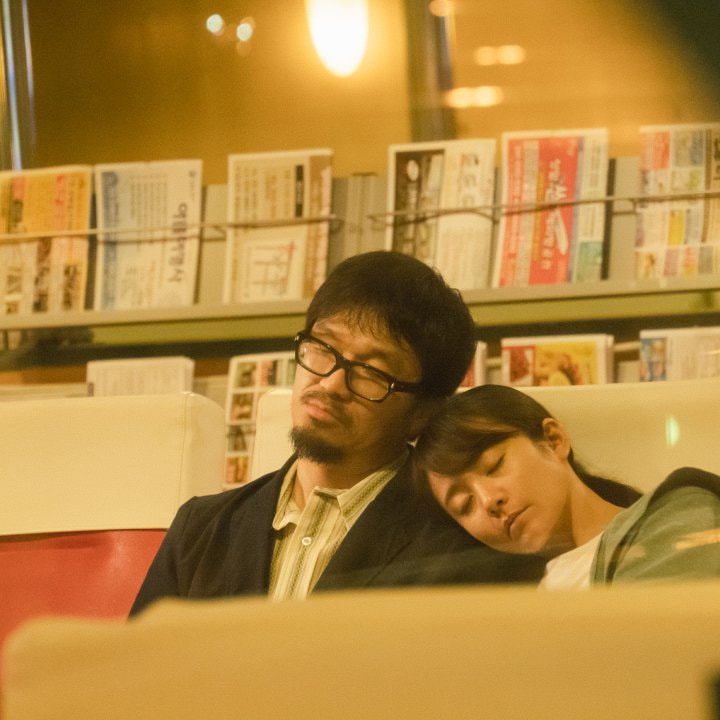Cannes laureate Koji Fukada’s drama about the unpredictable nature of life.
Taeko marries Jiro. She was previously married to Park, a deaf Korean with whom she had a son, Keita, who became part of her new family with Jiro. Jiro’s past involves his first love, who he cheated on with Taeko, and his present features parents who refuse to welcome his wife into the family. These thorny issues of past and present could have built up over years were it not for a tragedy that the young family has to deal with, learning to talk openly to each other.
Japanese director Koji Fukada based Love Life on the eponymous song by the famous Japanese singer Akiko Yano, about a couple who encounter love and life. The story of Taeko and Jiro traces how love changes as a result of unexpected events, such as the return of exes from oblivion or arguments with parents. Their regulated everyday life and the reproduction of specific patterns of relationships typical of Jiro’s parents’ family and all of the couples around them make communication within the young family almost blind and automatic. They do not look each other in the eye when they speak. Fukada shows his characters hearing each other’s phrases or saying something important while turning away from their partner. Cinematographer Hideo Yamamoto tenderly captures every centimeter of their tiny apartment and the lovely things inside it. The space seems to be fuller than the relationship of its inhabitants. The world beyond their small family and a series of what at first seem to be random events provoke disagreement between them, but in the end lead to an honesty they had not experienced before. At last, they learn to look each other in the eye.
Love Life premiered in the main competition of the 79th Venice Film Festival.
The film will be shown in Japanese, Korean, and Korean Sign Language with Russian subtitles.
Love Life
Director Koji Fukada
Japan, France, 2022. 123 min.
16+

